How I survived moving house in Switzerland
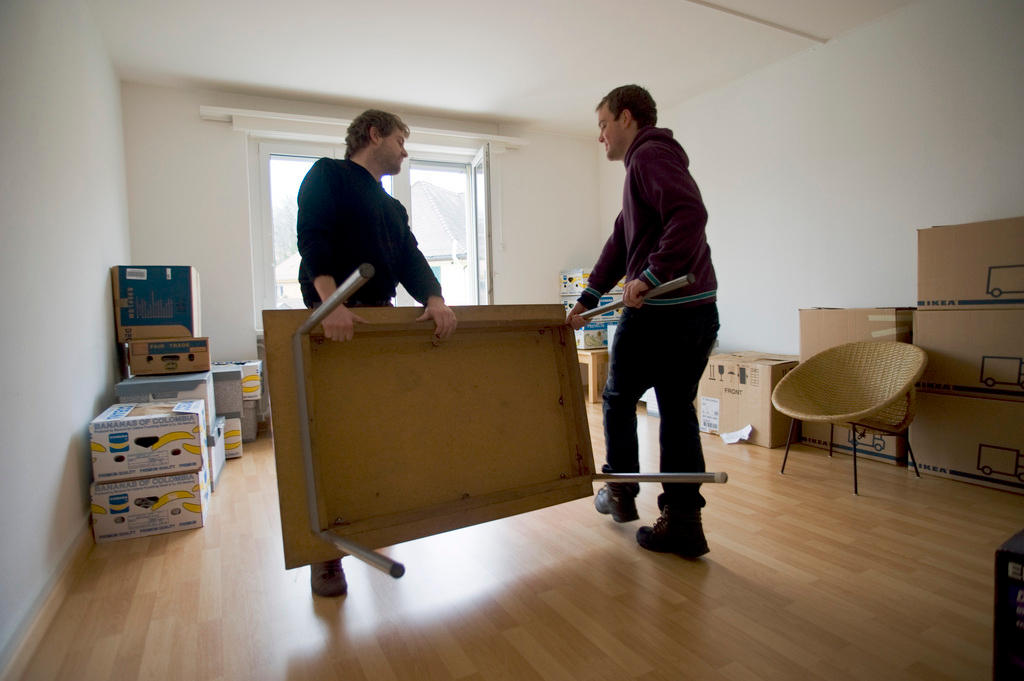
How do you find a dream apartment in Switzerland? What do you need to know to get a lease and avoid making the biggest mistakes? A Russian journalist at swissinfo.ch who has just survived the experience offers advice on navigating the challenges and surprises.
In Russia, there’s a saying that moving house is like being between two fires. In Switzerland, the excellent logistics mean there’s only one fire. The Swiss housing market has a lot to offer, but choosing a home that matches your needs is complicated. Let’s start with a typical Swiss apartment.
Anyone looking for an apartment in Switzerland will probably find what they are looking for online. There are several large websites for housing, such as ImmoScout24External link or Homegate.chExternal link. After defining the target neighbourhood or city and selecting from categories for price and number of rooms, you immediately get a set of offers listed by cost.
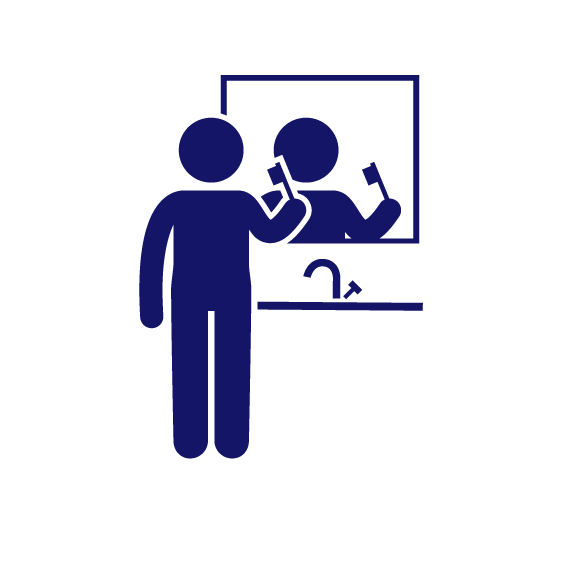
More
Housing in Switzerland
The listings are by estate agents (realtors) with whom a lease agreement is signed. After locating an apartment you like, you can request a visit through the website. The agency may send a broker to show it, give you the contact details of the current tenants or put you in touch with a concierge.
No debts
It’s now up to you to get going. Don’t try to save time by not going to see the place – the photos on the internet rarely show everything you want to know.
When you finally find the place you want, you have to work out a lease contract. The property manager will send you a bunch of documents including the lease in question. But that’s not all…
You’ll also have to open a bank account to make a deposit that can range from one to three months’ rent. You may be put off by having to block out CHF1,500-CHF4,000 ($1,525-$4,060) or more, but it can’t be avoided.
Also, the property manager will not give you a lease until you have submitted a document from the cantonal office showing that none of the prospective tenants has any debts. Finally, you must order engraved nameplates for the mailbox and doorbell from a certified workshop.
Filling holes
Now comes the moment of the move. In Switzerland, leaving one apartment to move into another is not easy. First, you have to leave the old apartment in the condition that you found it. If you think it’s enough to sweep the corners and get the dust off the windowsills, you’re in for a surprise.
In Switzerland, cleaning an apartment is something of an art. In our case, a company hired to do the job spent two days cleaning the place we were leaving. We had a guarantee from the property manager that this would be all that was required.
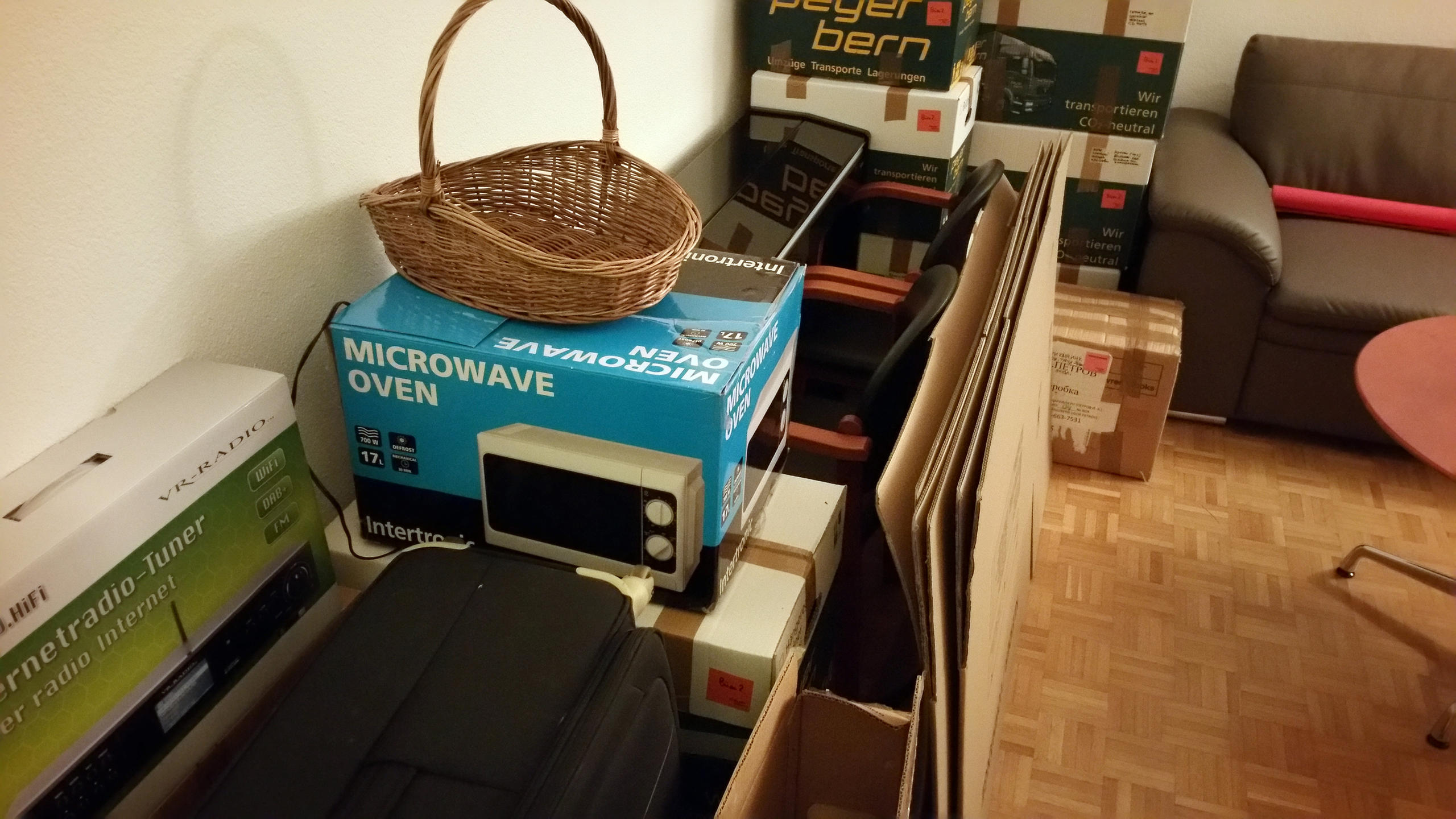
But what if you’ve left some fixtures on the walls, a few small holes, an internet cable? Or maybe you painted the walls another colour? Well, you’ll need to use some putty and a brush to plug the holes, repaint the walls in the original colour and disassemble the cable. Otherwise, the property manager won’t accept your apartment.
The move itself is a complex problem, since being human means accumulating things. It’s sometimes better to hire a removal company right from the start. It’s not cheap, but you can be sure all your belongings and furniture will be moved in a day without getting broken. If we hadn’t used professionals, who knows how much nervous energy we would have used up!
pic.twitter.com/mcGi4JEEjXExternal link
— Igor Petrov (@ipigorpetrov) 19. Februar 2017External link
The removal company turned out to be relatively expensive, but it organised all the loading and unloading, dismantling and reassembly of furniture and transportation in a single day. A small detail: you are responsible for providing a snack and dinner if they work for ten hours.
Expect surprises
Anyone who moves into a new apartment in Switzerland should expect surprises. Living spaces are equipped with three-point electrical outlets that don’t correspond to European, American or Russian standards. Washing machines are typically found in specially equipped basements and must be shared with other tenants. Apartments sometimes have their own washing machines, but that’s rare.
The vast majority of apartments in Switzerland are rented unfurnished. Furnished apartments exist, but they are rarer and are usually rented only for limited periods. Finally, regardless of the apartment, the kitchen and bathroom are always fully equipped and include an oven and usually a dishwasher.
When the lease is signed, the tenant often receives a document stating the “house rules”. Numerous clichés circulate on the internet, claiming “everything is forbidden” in Switzerland like flushing the loo after 10pm. In fact, that’s fine. Running a bath after 10pm, however, is not.
And what if your neighbour turns out to be a chain smoker who is literally poisoning your life? Since May 2010, Switzerland has banned smoking in all enclosed areas shared as public spaces or workplaces. A private apartment doesn’t fall under this restriction: the tenant has the right to smoke at home. Here, there’s nothing you can do, and if the smoke follows you to the furthest corners of your apartment, there’s only one solution: move.
Rent prices in Switzerland
The price of rents for apartments and other premises in Switzerland is fixed to a single reference interest rate. This is based on the weighted average interest rate on mortgages in Switzerland, which is calculated on a quarterly basis. At present, according to Credit Suisse, the latter is between 1.76% (two years) and 2.29% (15 years).
Article 269 of the Swiss Code of Obligations stipulates that in the event of considerable fluctuations in the reference interest rate, lessors may increase rents, while tenants may require a decrease. Tenant advocacy organisations inform interested parties of changes in mortgage rates and the rights and duties of tenants and lessees. These include the Swiss Tenants’ Association (ASLOCA) or the Mieterinnen- und Mieterverband.
In practice, property managers generally refuse to lower rents and justify themselves by invoking the increase in expenditures to maintain properties. In case of conflicts, the courts have the last word. In Switzerland, it generally sides with the renter.
(Source: Credit Suisse)
Small but spacious
Switzerland is a small country with a population of 8.3 million living in an area of just over 41,000 square kilometres. By comparison, Moscow has a population of 12 million spread over an area of just 2,500 square kilometres. Seen in this light, Switzerland may not be large but it is relatively spacious.
As of June 1, 2016, Switzerland had 56,518 apartments or empty family houses, representing 1.3% of the country’s housing stock. The small rural canton of Appenzell Inner Rhoden had the largest number of empty apartments, with 3.63% of the housing stock.
Canton Zug, a tax haven for multinational businesses, is the place where it is most difficult to find an apartment. Only 0.34% of its housing is vacant. The cantons of Basel City (0.42%), Geneva (0.45%) and Basel Country (0.47%) are the next most difficult places to find housing.

In compliance with the JTI standards
More: SWI swissinfo.ch certified by the Journalism Trust Initiative

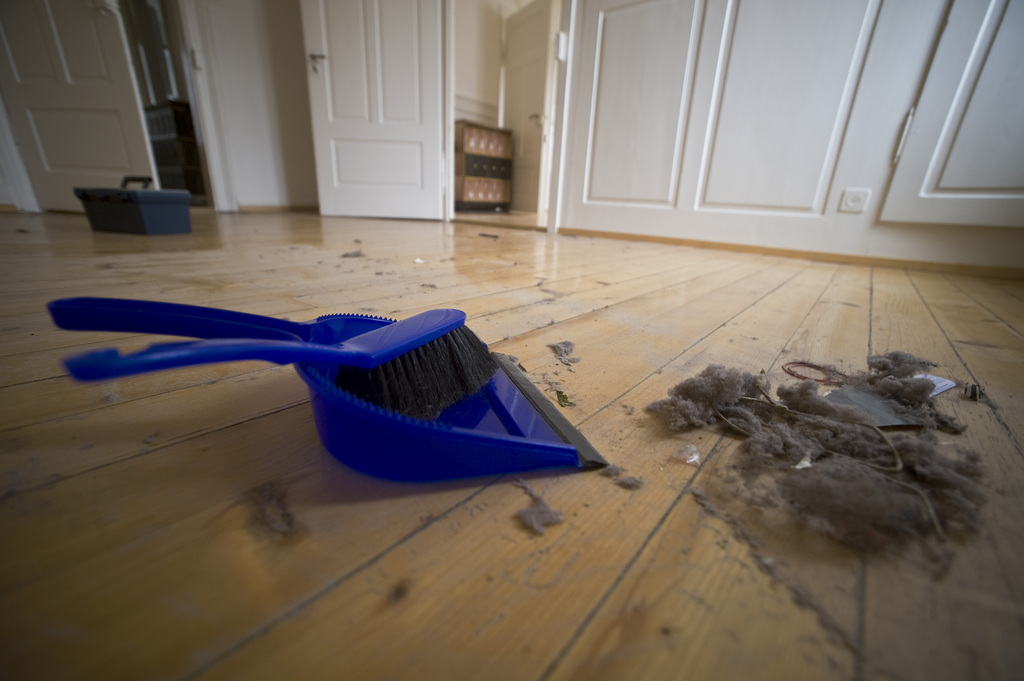
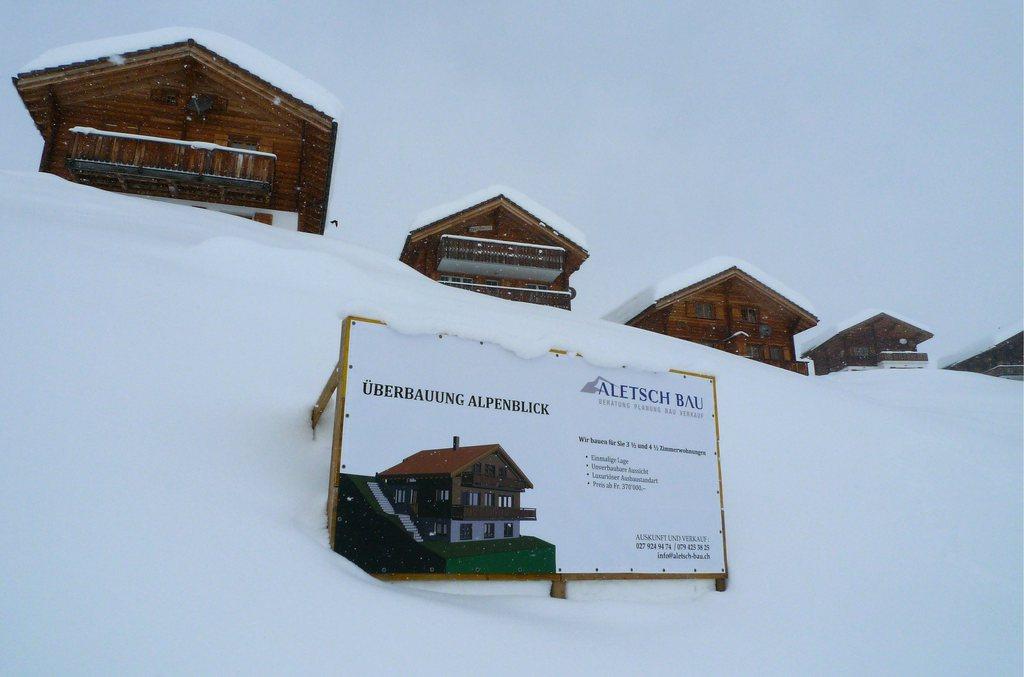
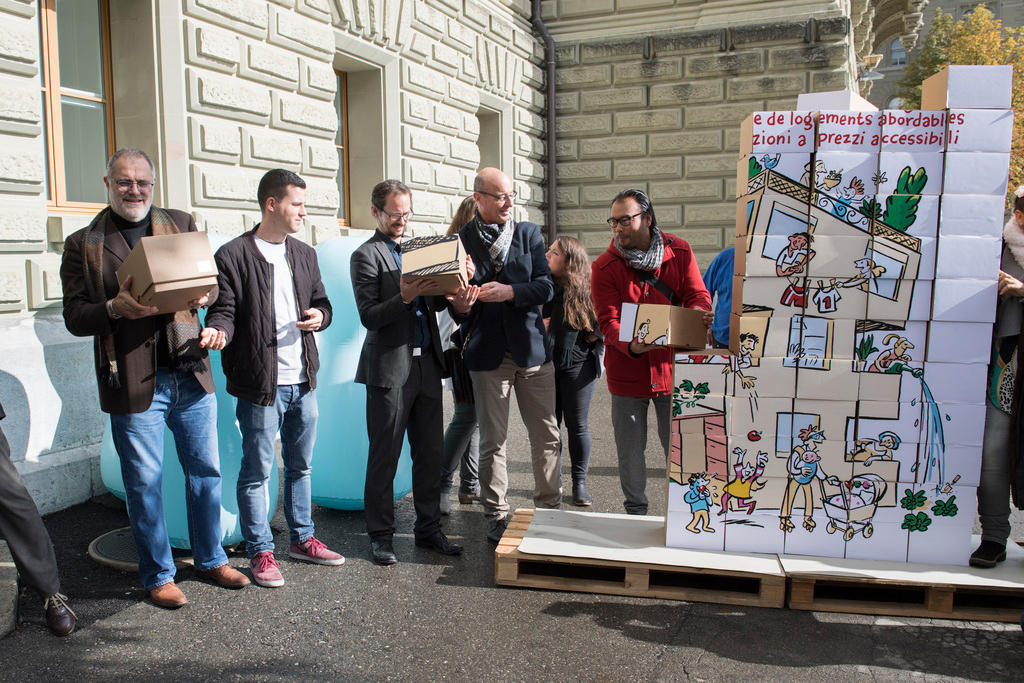
You can find an overview of ongoing debates with our journalists here. Please join us!
If you want to start a conversation about a topic raised in this article or want to report factual errors, email us at english@swissinfo.ch.